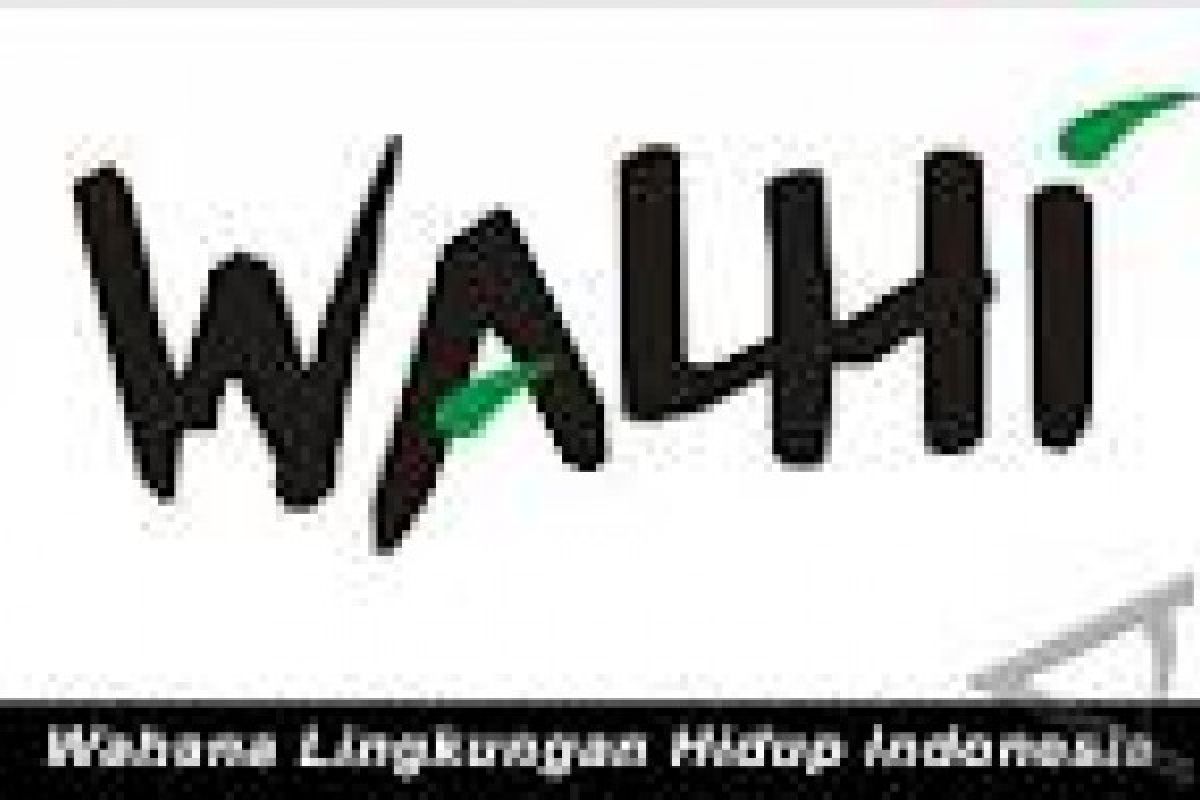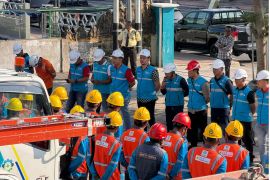
Local Governments' Low-carbon Development not Aligned with National Level Scheme: Walhi
Jumat, 8 September 2017 16:47 WIB

Jakarta, (Antara Sumbar) - Indonesian Forum for the Environment's (WALHI's) study in five provinces indicates the local governments' low-carbon development efforts to counter climate change have no adequate correlation with national planning, and in some cases, tend to contradict.
Walhi Manager for Climate Justice Campaign Yuyun Harmono remarked here on Friday (Sept 8) that based on the study in the five provinces of South Sumatra, West Java, East Kalimantan, South Sulawesi, and East Nusa Tenggara, all have emission reduction programs that are not aligned with the scheme at the national level.
The study conducted by Walhi was themed "Climate Change Adaptation and Mitigation Policy in the Medium Term Development Plan (RPJMD)."
Harmono stated that the study was conducted in the five provinces to evaluate the local governments' support to national emission reduction programs.
"In general, there is a lack of innovation or more advanced initiatives that encourage the sustainable development of an environment-friendly, low-carbon, and high-power economy. Study documents also reveal that the regional action plan did not list the emission sources of these areas," he noted.
For instance, the RPJMD of West Java has included the target of reducing greenhouse gas emissions, but it was done incorrectly. Reduction in greenhouse gas emissions should be focused in the energy and land-based sectors, considering that the province has several coal-fired power plants.
However, according to Harmono, it turns out that the efforts undertaken until now were in the waste management sector due to the low costs involved.
Similar problems also exist in other provinces in which the study areas are based. According to Harmono, this is certainly an area for improvement that must be prioritized to make Indonesia a consistent leader in fighting climate change at international forums. (*)
Editor: Vicha Faradika
Pewarta: Antara
Editor:
COPYRIGHT © ANTARA 2026









